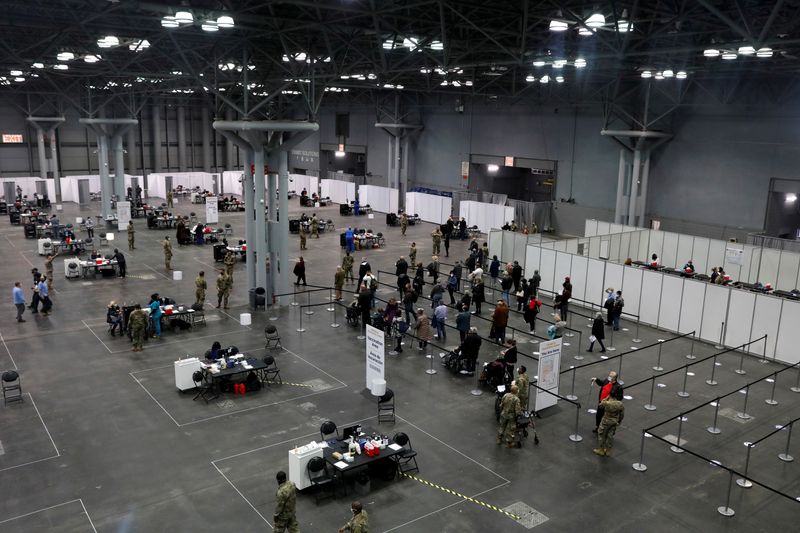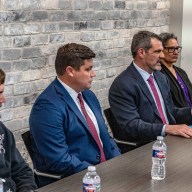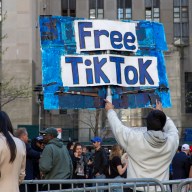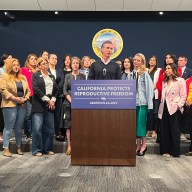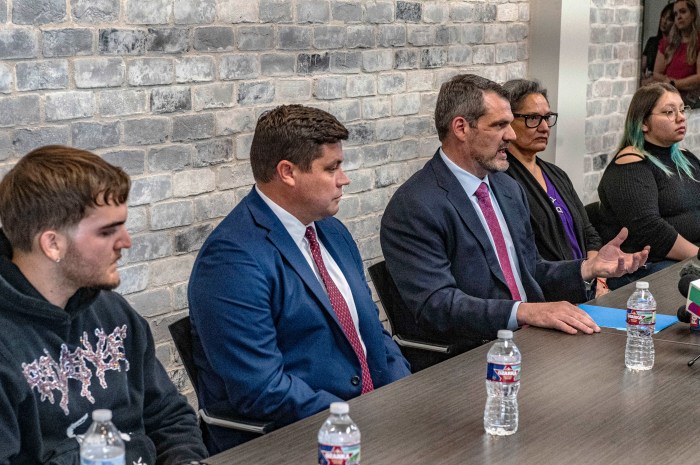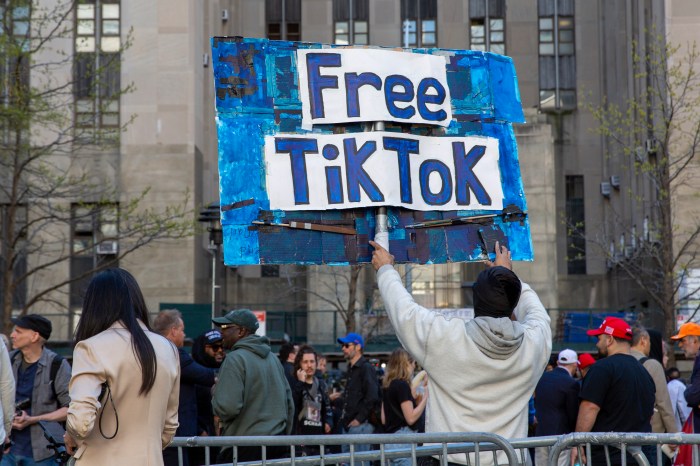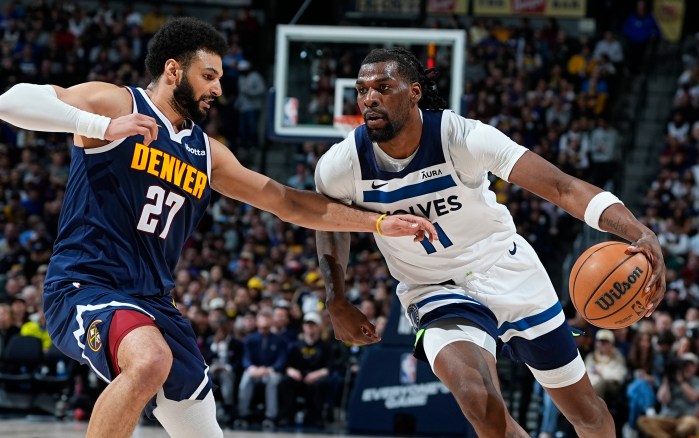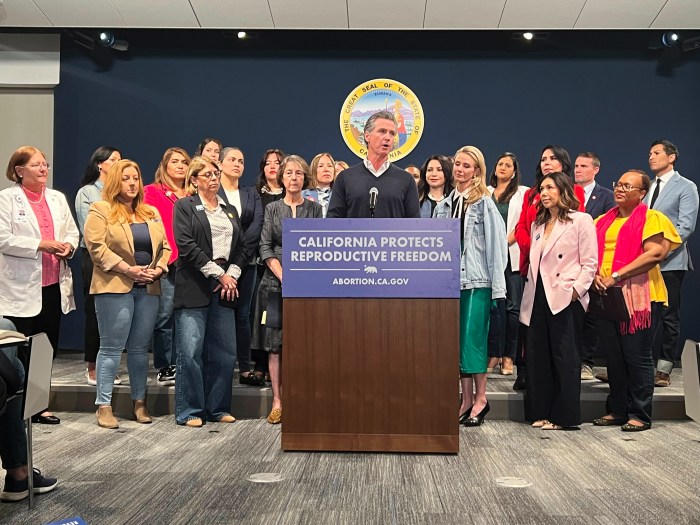NEW YORK (Reuters) – Mayors of some three-dozen U.S. cities have asked the incoming Biden administration to send COVID-19 vaccine shipments directly to them, bypassing state governments, saying local officials were best positioned to ramp up lagging inoculations.
The move came as Biden, who takes office on Wednesday, readies a $1.9 trillion stimulus package proposal intended to bolster the nation’s response to the virus and galvanize the slow rollout of COVID-19 vaccines
“While it is essential to work with state and local public health agencies, healthcare providers, pharmacies, and clinics, there is a need to be nimble and fill gaps that are unique to each local area,” said the letter from 37 mayors, including those of New York City, Los Angeles and Seattle.
A Biden transition official declined to comment on the letter, but said Biden would speak about his vaccination plans on Friday.
As of Thursday, only 11.1 million coronavirus shots had been administered out of more than 30 million doses distributed to states so far, according to data from the U.S. Centers for Disease Control and Prevention.
That effort has fallen well short of a pledge by the outgoing Trump administration to give 20 million Americans a first shot of the two-dose regimen administered by the end of last year.
The vaccination campaign has been hampered in part by strict rules in most U.S. states requiring that healthcare workers get the first inoculations. Americans who are classified by the government as “non-essential workers” have been told they would have to wait months for their turn.
The mayors, whose cities represent a total of 40 million people, said few of them were getting one of the two approved drugs directly from the federal government.
The U.S. Food and Drug Administration has authorized one from Pfizer Inc and partner BioNTech and a second from Moderna Inc for emergency use. Both require two shots weeks apart.
A Johnson & Johnson vaccine, targeted to roll out in March pending approval by the U.S. Food and Drug Administration, requires only one dose.
Political leaders at the state, federal and local level are hoping to speed up efforts to inoculate millions of Americans as the latest surge had seen infections rise by roughly 1 million people every six days over the past five weeks, according to a Reuters tally. The death toll stands at 385,324.
The number of COVID-19 patients sick enough to require hospitalization has been fairly stable over the past week, with 130,214 reported on Wednesday night, and California, which has been slammed by the latest outbreak, has also shown signs of stabilization.
“In 30 years, I’ve never seen a call volume like this, not even with the riots,” said Eileen Cegarra, 56, an ambulance dispatch center supervisor for Care Ambulance Service, one of the largest ambulance companies in the Los Angeles area.
California hospitals have become so full of COVID-19 patients that state officials ordered a delay in some surgeries deemed less than critical in a bid to save space for serious cancer removal and necessary heart operations.
Outside many Southern California hospitals, ambulances loaded with COVID-19 patients often wait for hours until beds are available in intensive care units or emergency rooms.
Despite signs of a slowing in new infections and hospitalizations, public health officials worry that travel over the holidays could trigger another surge before enough vaccinations have been completed to stop the virus.
In Ohio, Governor Mike DeWine told a news briefing that hospitalizations were up over a 21-day period in that Midwestern state.
In New Jersey, state health officials have cited a model that projects a rise in hospitalizations, which generally lag the onset of new cases, in the next week.
(Reporting by Peter Szekely,y Michael Erman, Maria Caspani and Barbara Goldberg in New York, Jeff Mason, Rick Cowan and Susan Heavey in Washington, Anurag Maan in Bangalore and Dan Whitcomb in Los Agneles; Editing by Peter Cooney)

